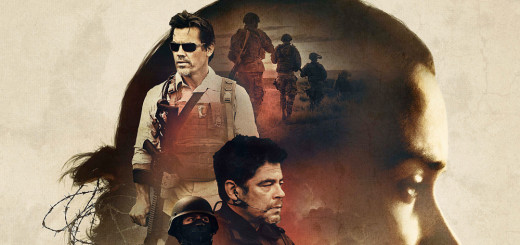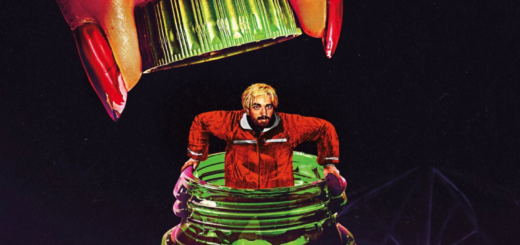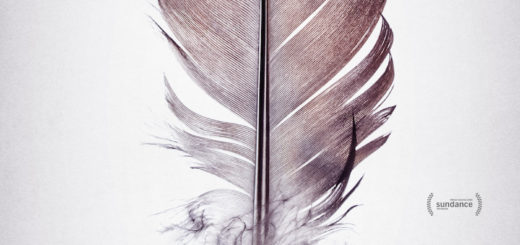NATIONAL BIRD Review
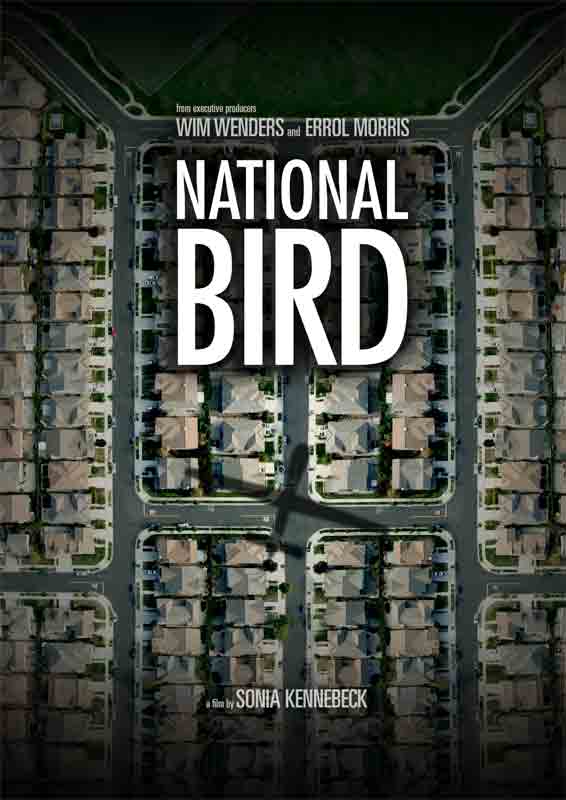
Director: Sonia Kennebeck
Genre: Documentary
Year: 2016
In the opening scene of APOCALYPSE NOW, Captain Willard (Martin Sheen) is reminded of the horrors of Vietnam by a ceiling fan spinning above him like a helicopter. He becomes frantic and violent, inflicting self-harm in an obvious portrayal of Post Traumatic Stress Disorder. Instead of providing Willard the mental health care he deserves, command tells him to suck it up and shoves him off on that infamous journey up the Nung River. Sonia Kennebeck’s well-intentioned documentary NATIONAL BIRD replicates the same shot of the rotating overhead fan, also speaks to the military’s disregard for its soldiers, similarly features a cast of characters traumatized by their involvement in war, yet manages to come off as less truthful than Coppola’s war opus — despite being a piece of nonfiction.
Like APOCALYPSE, NATIONAL BIRD is about a specific facet of an ill-advised American military conflict. In this case, recent drone air strikes in Afghanistan. Kennebeck takes an investigative journalistic approach as she interviews her three primary subjects — whistle blowers who all had direct involvement in drone bombings as intel operatives. They’re actual people coping with the remorse of being complicit in the “accidental” firebombing of hundreds of innocent Afghans; Kennebeck has no restraint in displaying the depression it’s caused them. Several of the interviews culminate in tears, and much of the B-roll is melancholy footage of them brushing their teeth, checking their mail, or smoking cigarettes. Cinematic liberties with this camerawork are hard to find, as the visual language communicates no subtext whatsoever. While this does avoid being manipulative, the interviews are staged void of meaning — as though the crew simply plopped the tripod down in the most convenient spot without a second thought. In fact the lighting is so unflattering and the framing so uninspired, it begs the question of whether the director was doing most of the shooting herself. Still, the emotionality of the whistleblower’s regret is affecting — even if Kennebeck’s montage isn’t able to elevate these real people beyond character tropes.
If only NATIONAL BIRD’s soundtrack were this good
Daniel, the only whistleblower of the three whose occupation still associates him with drone strikes, is portrayed in a fashion akin to a spy thriller B-movie. He’s a young, tech-savvy blonde dude at risk of being indicted by the government on grounds of espionage — Jason Bourne without the combat skills or amnesia. Heather is the youngest of the group and has taken the activist route since leaving the military. She publishes online articles on the atrocities of drone warfare while simultaneously struggling to get financial help from the Air Force to afford her necessary PTSD therapy. Lisa is older and religious, with a desire to give back to the community she’s hurt. No longer under the impression that her military service will bring positive change to the world, Lisa makes amends by traveling to Afghanistan on a service trip. NATIONAL BIRD follows her there.
Kennebeck’s footage from Afghanistan is her strongest material, but also reveals the fatal flaw of her film: a distinctly American perspective. The glimpses of how US drone strikes have affected day-to-day Afghani lifestyles are reason enough to see this movie, particularly for those uneducated on the specifics of how drone bombings go down. But in the midst of showing Air Force recruitment videos and mediocre characterizations, Kennebeck squeezes time in for just two Afghani interviews in the middle of her film. The stories they share are so harrowing that the third act moments of the whistleblowing protagonists finally receiving therapy or feeling warm and fuzzy about volunteer work seem comparatively insignificant and privileged. It’s not that pervasive mental illness of United States veterans isn’t a pertinent problem, it’s that NATIONAL BIRD mostly circumvents a more difficult issue to stomach — the death of hundreds? (contemplate that question mark) of innocent civilians in America’s continued pursuit of terrorist insurgents.
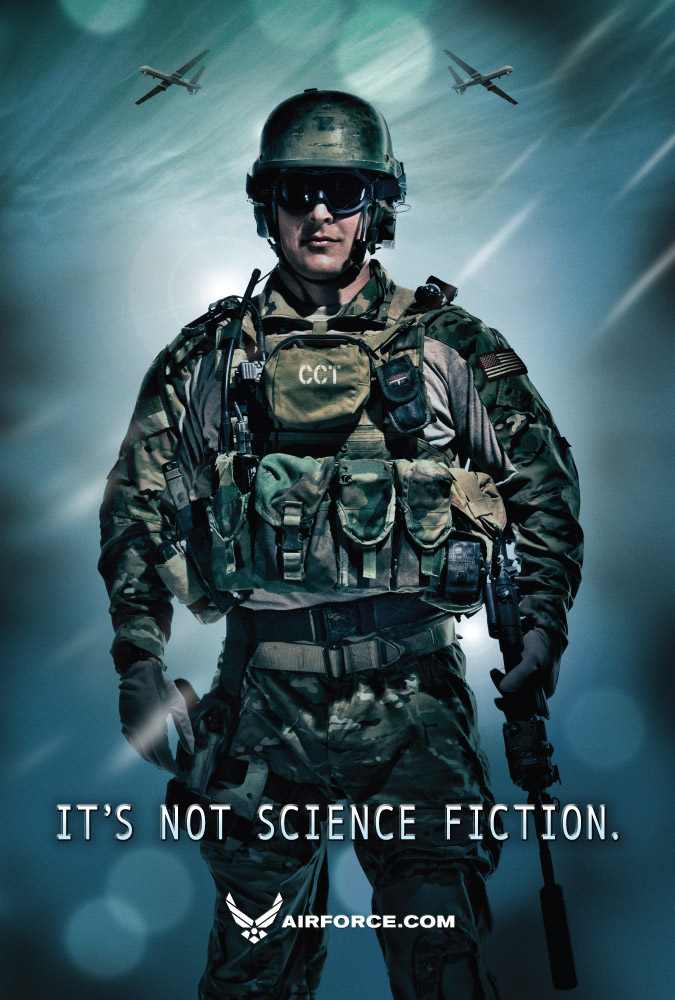
It looked cooler in BATTLESTAR GALACTICA
Quoting from an official military transcript she obtained, Kennebeck recreates one specific drone bomb incident. The dialogue of the operatives deciding whether to firebomb the suspected insurgents is beyond disturbing — they forego all warnings that some of the pixilated figures from the drone video feed could be women or children (they were) and ultimately end dozens of lives on a whim. The sequence is difficult to watch, but that doesn’t mean it’s well made. The voice acting is poor and the fabricated drone visuals are noticeably different than the authentic images shown previously. The reenactment is a microcosm of the entire film: a message that must be heard but is ineffectively conveyed.
Documentaries are generally given leeway when it comes to the technical construction of film. For good reason, content and story are exponentially more important. But when judged in a year that’s chock full of stellar documentaries, it’s easy to see the filmmaking hiccups made in NATIONAL BIRD from the top down. The overall quality and number of interviews is low, the cinematography is painfully amateurish, and the pace of editing awkward. It’s a shame, as the topic broached is one that all Americans are highly recommended to be knowledgeable about. However, at the helm, Sonia Kennebeck isn’t able to find a story more valuable or moving than two hours down the rabbit hole of Googling “United States Drone Strikes.”
Verdict: Do Not Recommend

